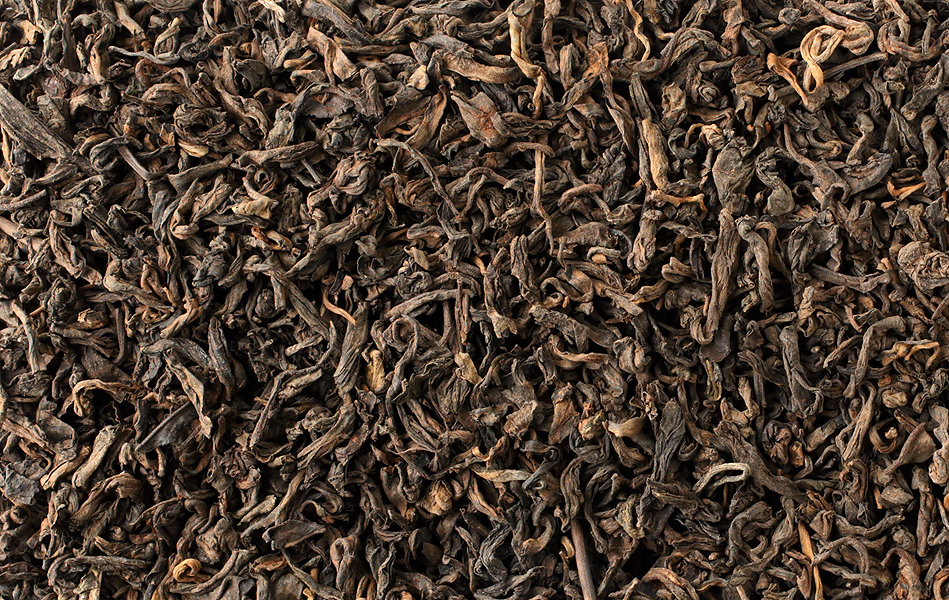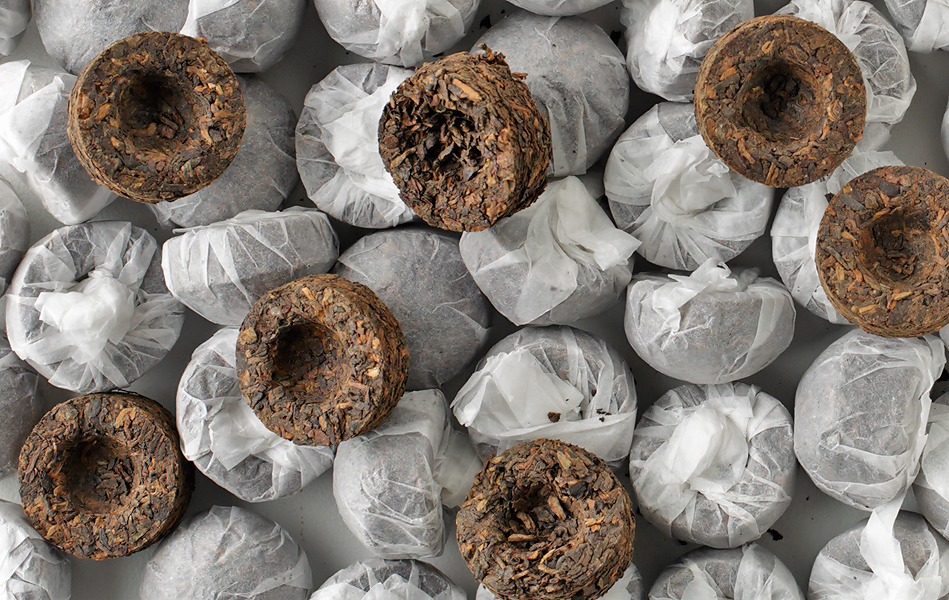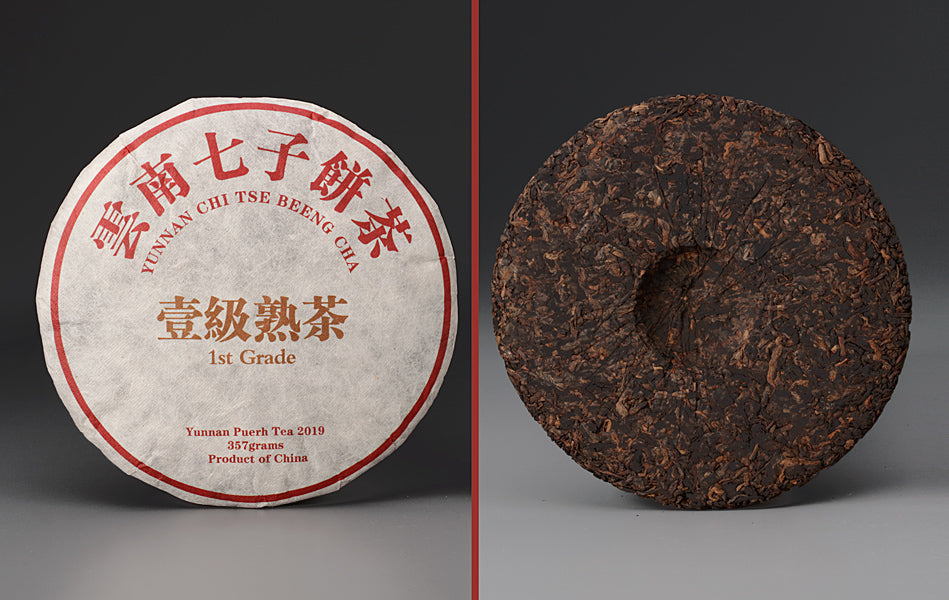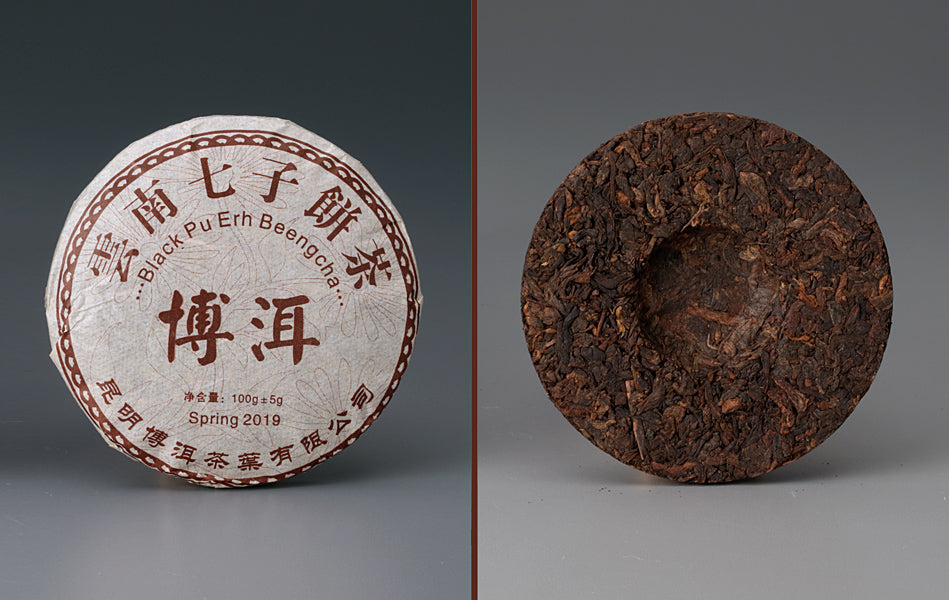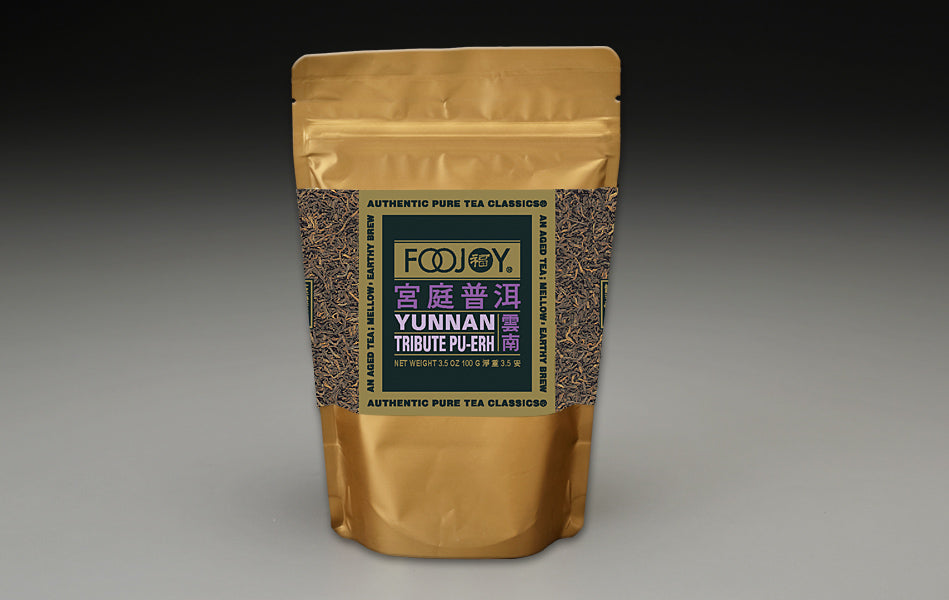What Makes Pu-erh Tea Special?
Yunnan Fermented Tea: Pu-erh is a unique tea from Yunnan, China, known for its microbial fermentation process. Unlike most teas, Pu-erh improves with age, developing complex flavors and a rich aroma over time. This makes it a favorite among tea enthusiasts who appreciate depth, tradition, and evolving taste profiles.
Aged Pu-erh: Carefully stored Pu-erh teas continue to mature, producing a smoother, richer, and more layered flavor with each passing year. Aged Pu-erh is prized for its distinctive earthy, mellow notes, offering a premium tea experience that combines history, craft, and taste.
Sheng vs. Shou Pu-erh: Pu-erh comes in two main styles: Sheng (raw) and Shou (ripe). Sheng Pu-erh ages naturally over time, creating brighter and more evolving flavor profiles. Shou Pu-erh, on the other hand, undergoes a faster fermentation process, resulting in a deep, earthy, and mellow character that is ready to enjoy sooner. Both styles deliver a unique taste experience suited to different preferences.
Digestive Tea After Meals: For centuries, Pu-erh has been valued for its digestive properties and potential wellness benefits. Traditionally consumed after meals, it is believed to aid digestion, support metabolism, and promote overall well-being, making it both a flavorful and functional tea.
Distinct Flavor and Aroma: Beyond its health benefits, Pu-erh offers a rich, earthy aroma with subtle layers of sweetness, woodiness, and umami, making each cup a ceremonial and restorative experience for tea lovers.
Frequently Asked Questions – Pu-erh Teas
Q: What is Pu-erh tea?
A: Pu-erh tea is a fermented tea from Yunnan, China. Unlike green or black tea, it undergoes microbial fermentation and aging, which gives it a unique earthy flavor and health-supporting properties.
Q: What are the health benefits of Pu-erh tea?
A: Studies suggest that aged Pu-erh may help with digestion, support cholesterol balance, aid in weight management, and provide antioxidants. Traditionally, it’s enjoyed as a digestive tea after meals.
Q: What is the difference between sheng Pu-erh and shou Pu-erh?
A: Sheng (raw) Pu-erh is naturally aged over years, developing bright, complex flavors. Shou (ripe) Pu-erh is fermented more quickly, producing a darker, smoother, and earthier profile.
Q: Does Pu-erh tea have caffeine?
A: Yes. Pu-erh caffeine levels are typically lower than coffee but enough to provide a steady, balanced energy boost without the crash.
Q: How do you brew Pu-erh tea?
A: Rinse the leaves briefly with hot water, then steep at 95–100 °C (203–212 °F). High-quality Pu-erh can be infused 4–6 times, with flavors that change across steepings.
Q: How should Pu-erh tea be stored?
A: Proper Pu-erh storage is key. Keep tea in breathable wrapping such as paper or clay jars, away from sunlight, moisture, and strong odors. Natural airflow helps aged Pu-erh develop better over time.
Q: Should I buy loose-leaf Pu-erh or Pu-erh tea cakes?
A: Loose-leaf Pu-erh is easy to brew and ideal for beginners, while Pu-erh tea cakes are perfect for collectors and for those who want to age their tea.
Q: Where can I buy Pu-erh tea online?
A: You can buy Pu-erh online at Mark T. Wendell Tea Company, which has offered authentic Yunnan Pu-erh since 1904.





